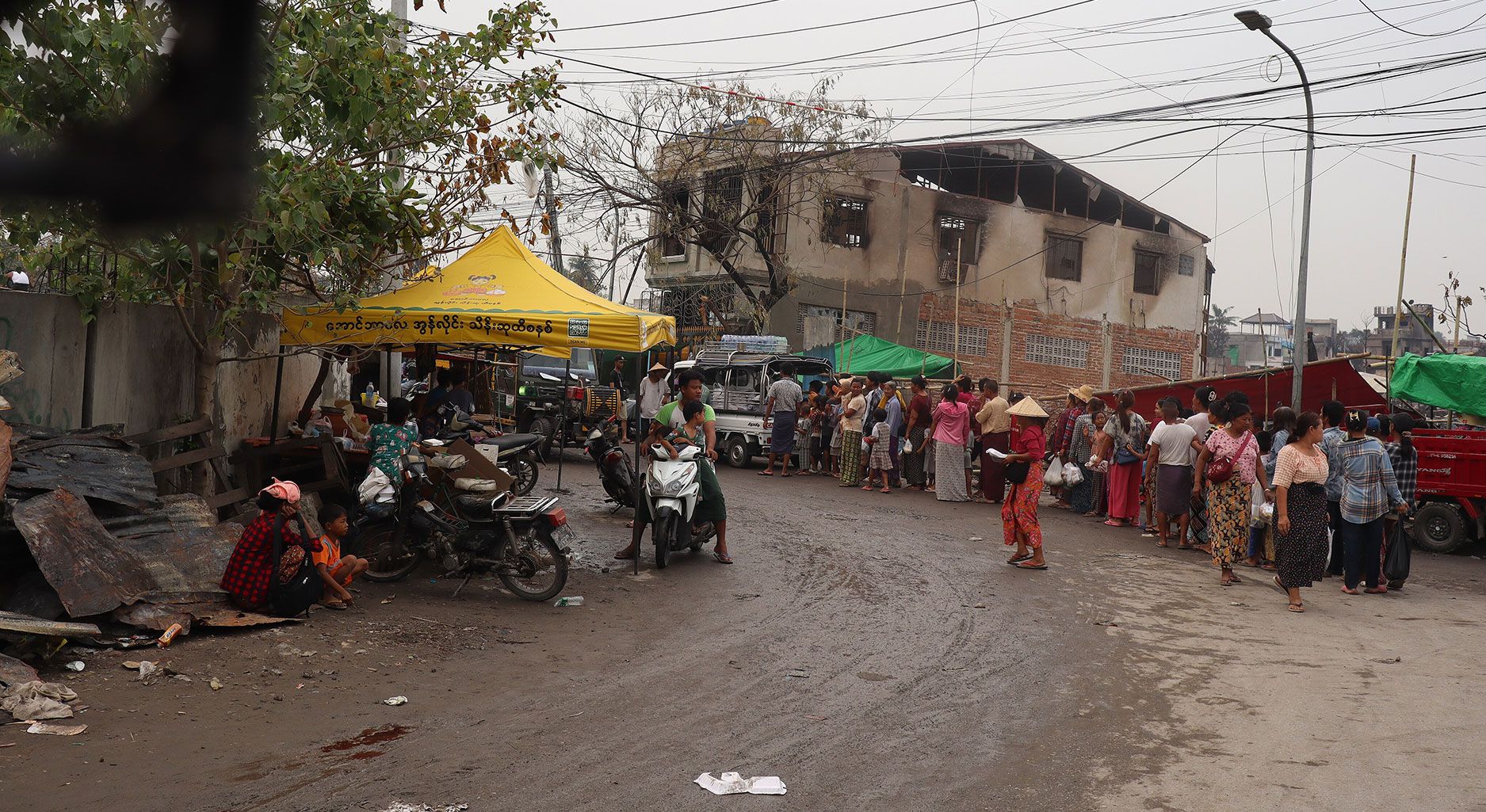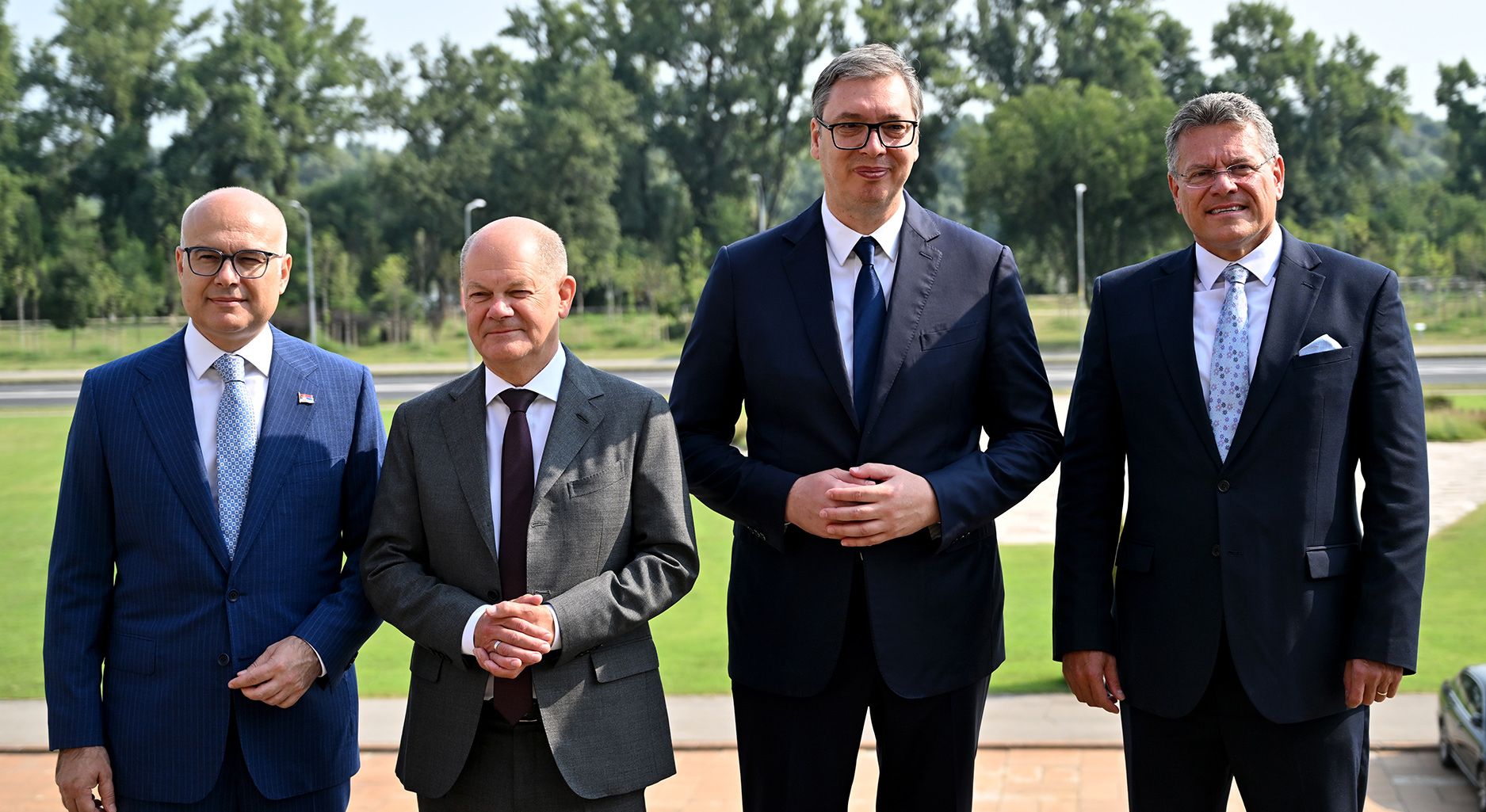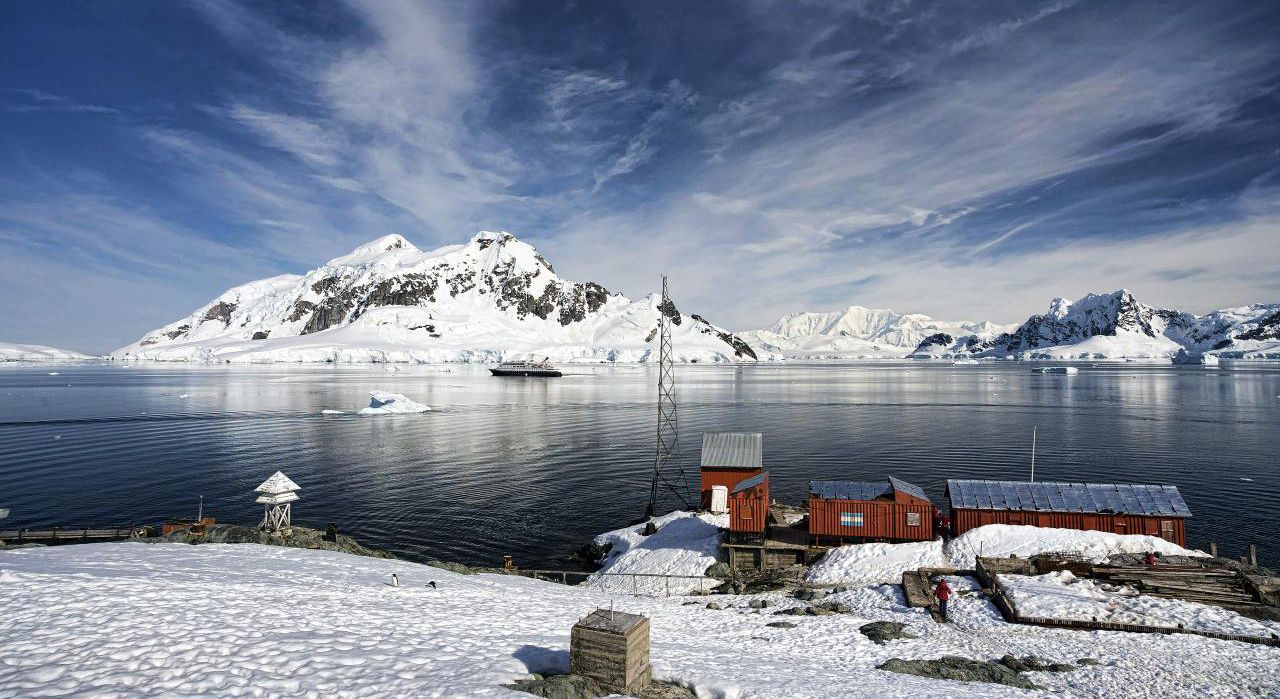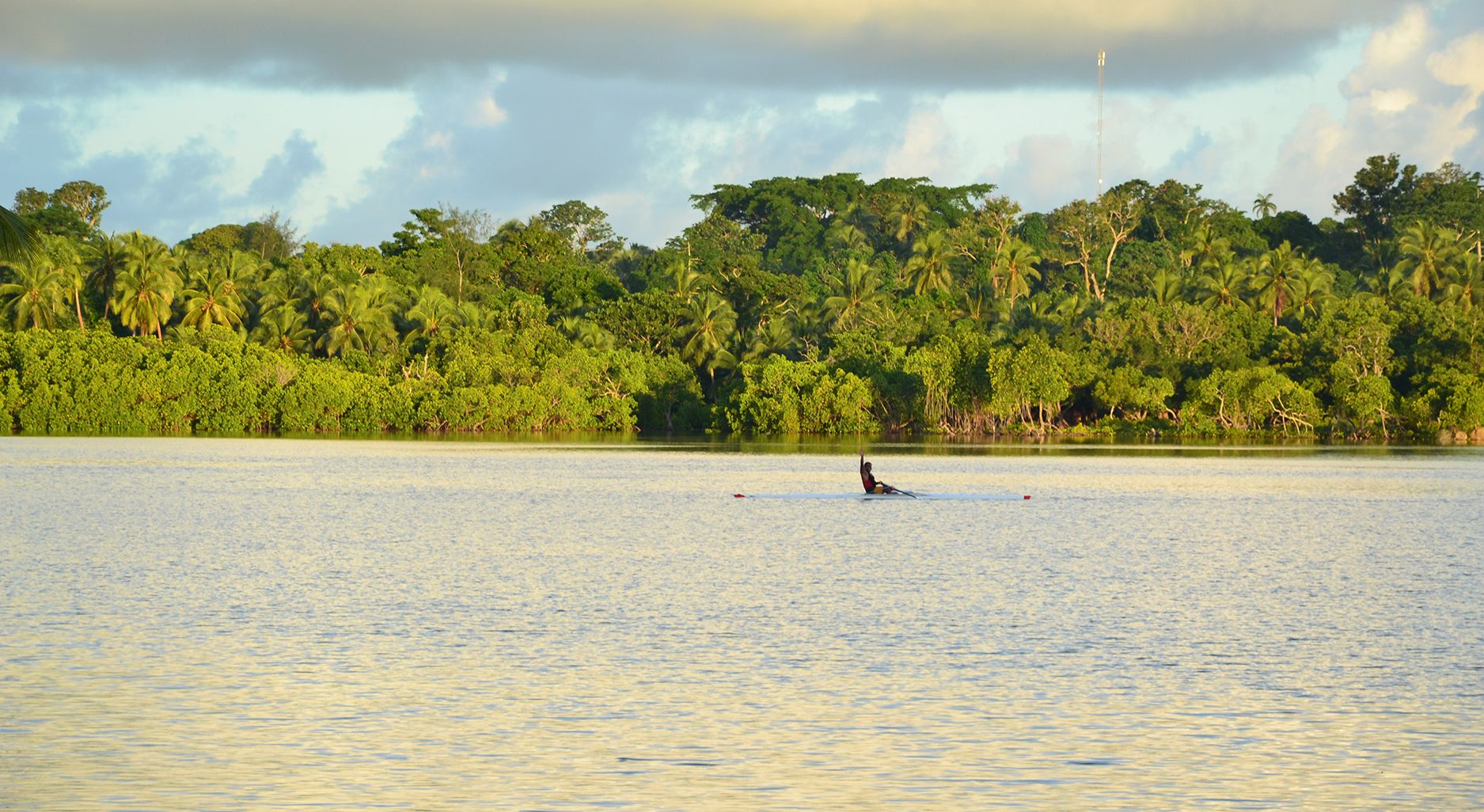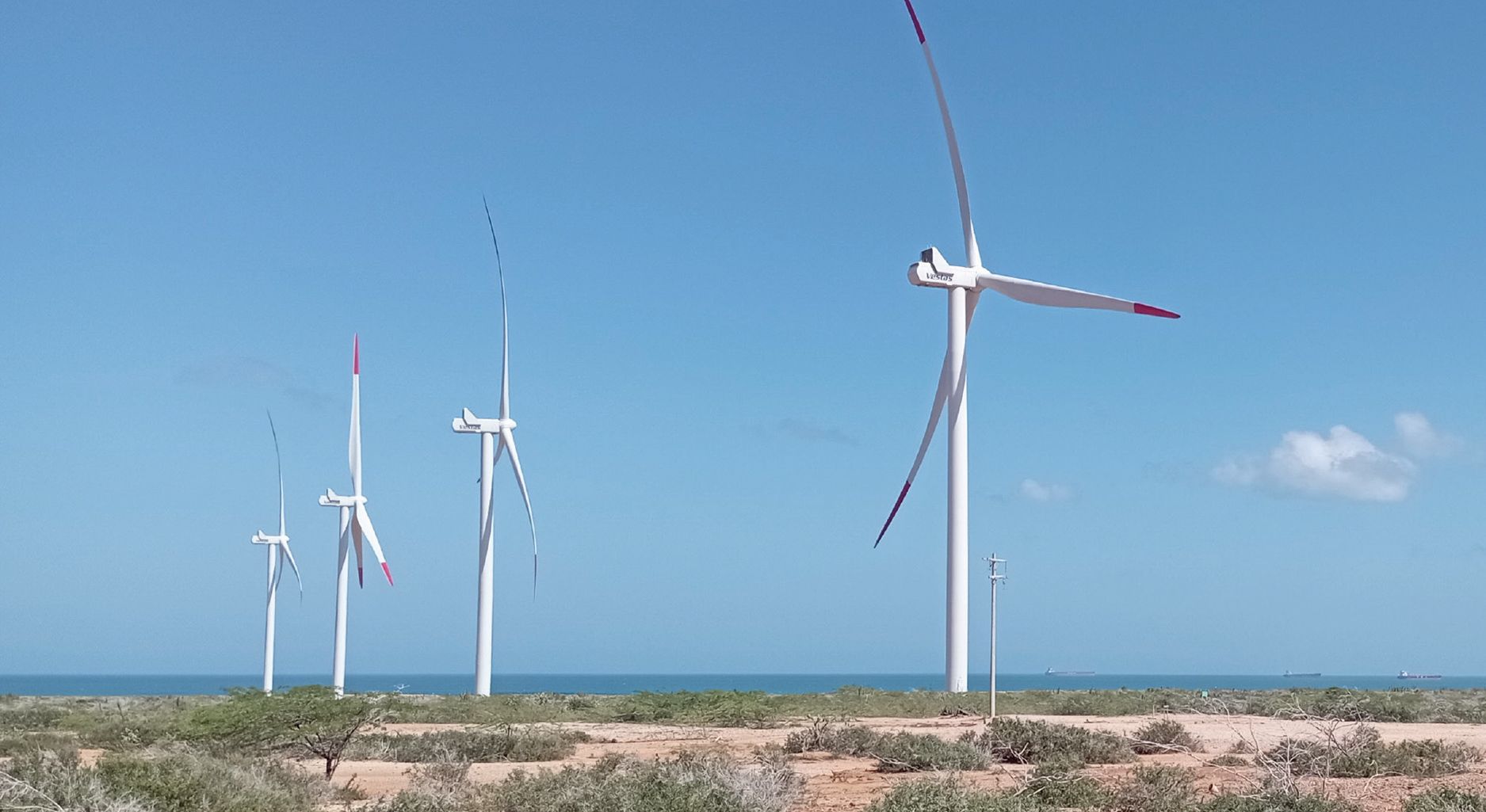Schlagwort: Umwelt
Vorab bestanden hohe Erwartungen an die COP30: Belém sollte Raum für stärkere...
Rebel Governance in Myanmar: Earthquake Relief and the Struggle for Legitimacy
When the Sagaing earthquake struck Myanmar in March 2025, much of the international spotlight...
Lithium Before Democracy: The Hidden Costs of Europe’s Green Transition
Europe requires vast amounts of critical raw materials to fuel their green transition. The...
Confronting Antarctic Security. Let’s stop chasing spectres at the South Pole!
Antarctica is often celebrated as a continent of peace and science. All ‘measures of a military...
Politisierung in Zeiten schwacher politischer Normen: Zum Klima-Gutachten des Internationalen Seegerichtshofs
Ende Mai legte der Internationale Seegerichtshof ein mit Spannung erwartetes Gutachten vor. Eine...
Resisting Energy Transition? Understanding Roadblocks in Northern Colombia
La Guajira in northern Colombia has seen a disproportionate number of roadblocks recently,...
Socio-ecological Transformation Conflicts: A Central Field of Conflict and Research in the 21st Century
Conflicts over climate and energy policy, security and geopolitical dimensions of global...

